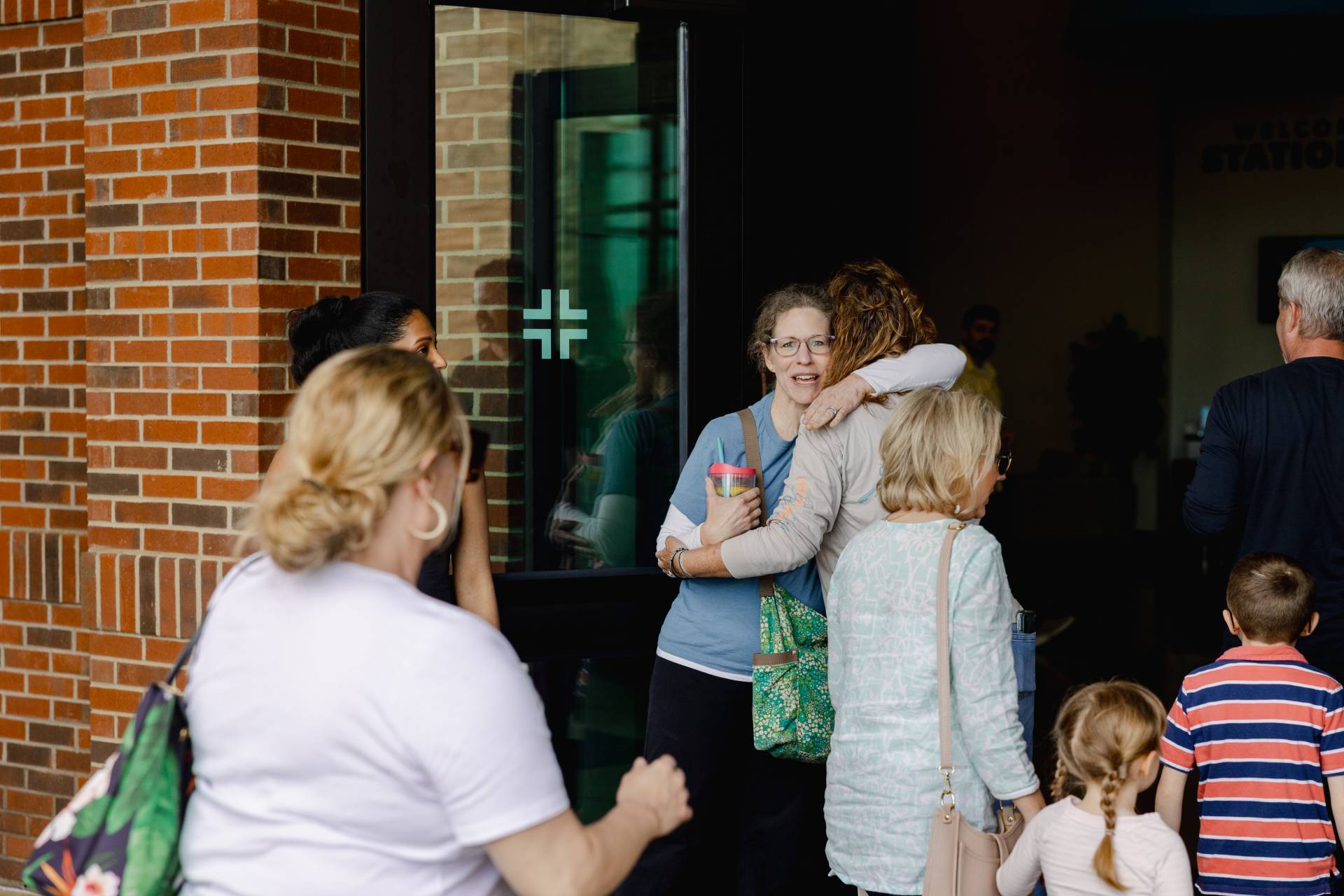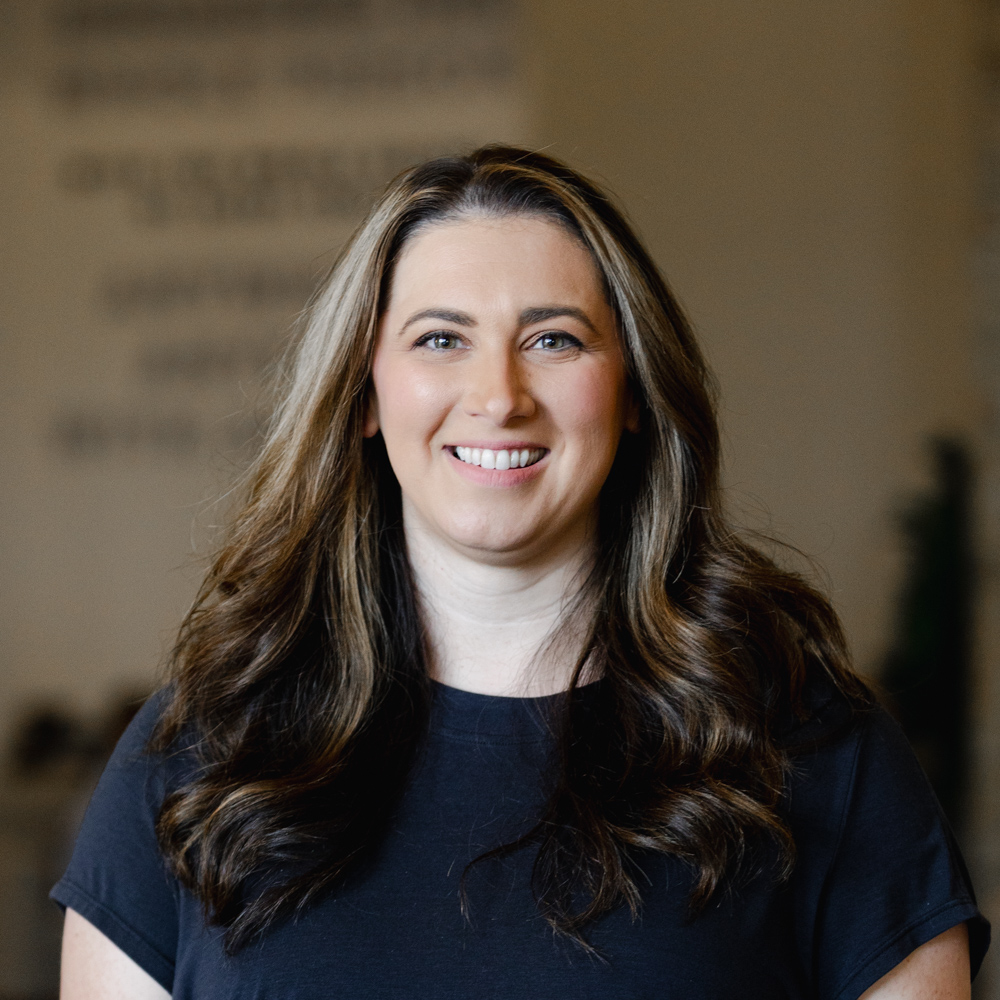Why Aren’t People Getting Connected?
You’ve got greeters at the door, a solid membership class, and plenty of volunteer needs. But if you’re still asking, “Why aren’t people sticking?”—you’re not alone.
The truth? Connection doesn’t just happen accidentally. It takes intentionality, conversation, and a shift in how we see the people walking through our doors. We can’t assume that showing up means someone feels like they belong. People need more than good signage and a friendly smile—they need a guide, a friend, and a sense of purpose.
Here are a few things I’ve learned that might help.
1. People need to be seen, not just welcomed
Greeting someone with a smile is a great start. But if we stop there, we’re missing the point. People walk into our churches carrying their stories, questions, grief, and gifts. And when all they get is a handshake or a wave from the parking lot, they might walk away thinking that’s all the church has for them.
Real connection ministry happens when we see the person, not just the task. When we remember names, ask intentional questions, and create space for relationships, we build a bridge from attendance to belonging.
Think about it—when someone shares that their spouse just passed away, or that they’re new to town with no family nearby, or that they’re feeling a nudge toward ministry—that’s sacred ground. And if we’re not listening for those moments, we miss the opportunity to connect in ways that matter most.
That’s why we train our guest services teams to look for opportunities to ask people questions like, “What’s your name?” or “How has your week been going?” It doesn’t have to be deep or dramatic. It just has to be personal.

2. A personal conversation can change everything
Membership classes are helpful. They give structure, clarity, and a shared understanding of what it means to be part of a church. But they don’t replace one-on-one time. That’s why we coach.
At Station Hill, we invite every new member into a personal coaching conversation. Not to pressure them to serve or join a group—but to hear their story, celebrate how God is at work in their life, and help them discern their next faithful step.
Some people have never shared their story out loud before. Others come in with church hurt or uncertainty about their place in the body of Christ. Some are excited and ready to jump in—but don’t know where to start.
We use tools like the DISC personality profile, spiritual gifts assessments, and a passion index to guide these conversations. But those are just tools. The real transformation happens when someone sits across from you, listens to your story, and says, “You were made for this.”
Coaching isn’t a formality. It’s a way to disciple, equip, and walk with people toward a meaningful, God-honoring life in the local church.
3. Fear keeps people from serving
Want to know the biggest barrier to getting people involved? Fear.
They’re afraid they’ll be stuck forever in a role they didn’t want. Afraid they’re not good enough. Afraid they’ll mess something up. Or maybe they’ve served before and felt burned out or unappreciated.
We hear it all the time: “I’ll help out this one time, but I don’t want to commit,” or “I’m not sure I have anything to offer.”
That’s where connection ministry becomes a ministry of encouragement. We remind people that serving is an invitation, not a sentence. That they’re not being drafted—they’re being discipled. And when we match their gifts and passions with real needs in the church, people begin to flourish.
I’ve watched someone light up after helping with check-in for our preschool ministry—not because they love logistics, but because they love calming anxious parents and creating a sense of welcome. I’ve seen parking lot volunteers become team leads because someone took time to affirm their leadership gift.
When people serve where they’re gifted, it no longer feels like a chore. It feels like calling.
4. Coaching is care—not a checklist
Connection isn’t about placement. It’s about people.
We don’t hand someone a clipboard and hope for the best. We don’t check a box and call it done. We follow up. We check in. We celebrate the stories along the way.
One of my favorite things is hearing from our coaches about moments where the Spirit moved in a conversation. Maybe someone broke down in tears because it was the first time they felt seen. Maybe someone realized they have a spiritual gift that God was ready to use. Or maybe a coach helped connect the dots between past experiences and future purpose.
Our best wins haven’t come from perfect systems. They’ve come from personal investment—when someone said, “I see you, and I’m with you.”
You can have all the processes in the world, but if they aren’t grounded in care, people will still slip through the cracks.
5. Belonging is a shared responsibility
This isn’t something one minister or one team can do alone. Healthy connection ministry happens when the whole church sees itself as part of the discipleship pipeline.
I often encourage our staff and lay leaders to keep their eyes open for who’s lingering in the lobby or showing up regularly but staying on the sidelines. Connection doesn’t just happen in classes or events—it happens when someone says, “Hey, want to grab coffee?” or “Have you met so-and-so who also loves missions?”
Creating a culture of belonging requires all of us to be connectors. To notice. To invite. To walk with people beyond their first Sunday.

6. Your next step might be someone else’s breakthrough
If you’re reading this and feeling overwhelmed—start small.
Ask someone their story. Follow up with a new volunteer. Say yes to coaching one person through your membership process. You don’t need a perfect process. You just need to care enough to make the first move.
Because on the other side of that conversation could be a future group leader, deacon, missionary, or lifelong friend. More importantly, it could be someone who finally feels like they’ve found a place to belong.
Want to strengthen the way your church welcomes and walks with new people? Listen to the latest episode of the Elevate Podcast, Beyond Greeters: How Connections Ministry Disciples Your Church, for four practical strategies to move people from attending to belonging—and into their God-given purpose.

Stephanie Prince is the Connection Minister at The Church at Station Hill, a regional campus of Brentwood Baptist Church. She holds a Ph.D. in Christian Leadership from Liberty University and is a Certified Christian Coach. With over a decade in ministry, Stephanie is passionate about helping people find belonging, purpose, and a place to serve in the local church.
